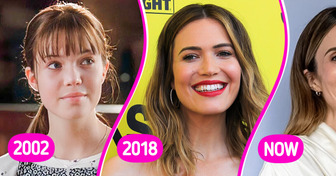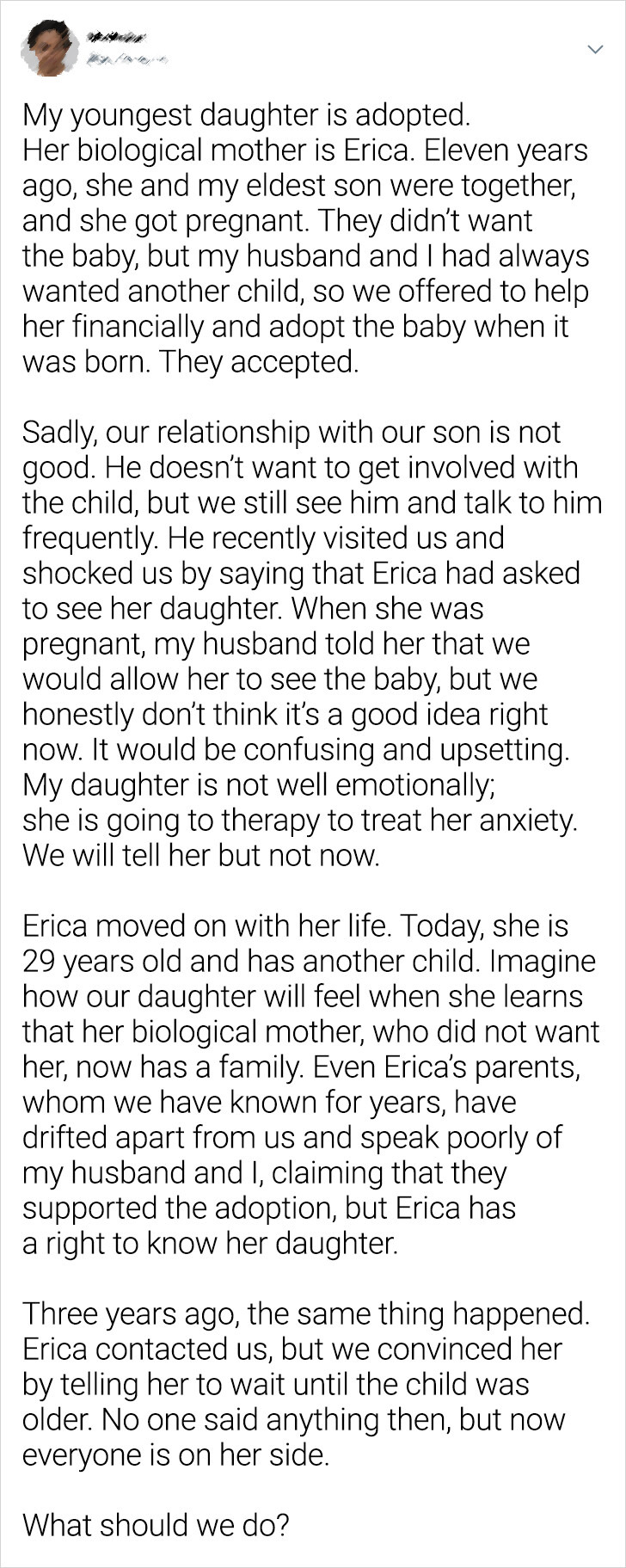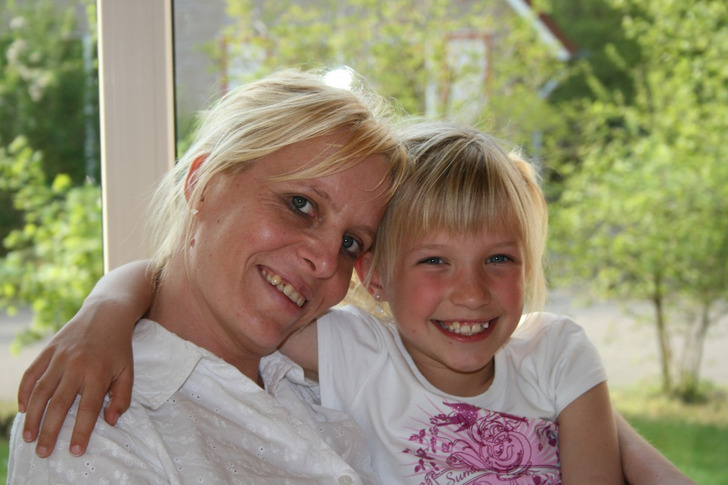FAMILY IS FAMILY. YOU SHOULD LET HER IN.......
I Adopted My Granddaughter, and Refuse to Allow the Biological Mother to Meet the Girl
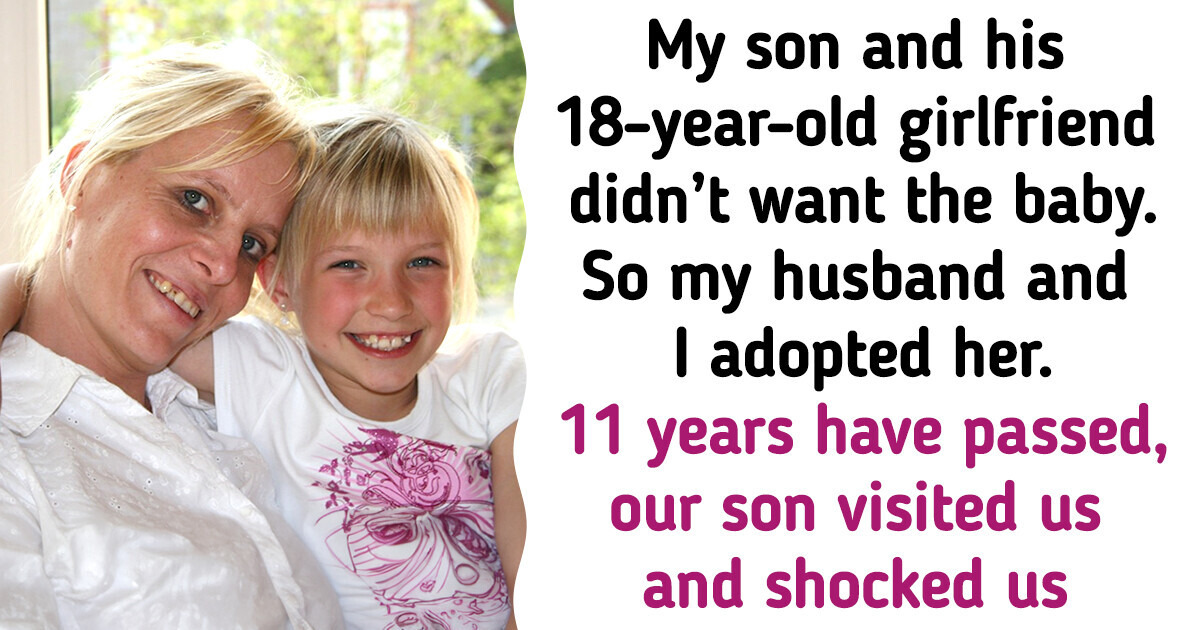
Adopting a child is a significant step. However, once the paperwork is completed, and life with the little one is established, the question arises: when and how should you tell them that they are adopted? What if their biological parents are insisting on meeting the child? Our protagonist is facing such a situation and is uncertain about what to do.
We did some research and would like to share with you the most important details that professionals recommend in such cases:
- The first thing is to try and talk assertively with all those involved. The objective is to reach an agreement, always and above all seeking the welfare of the child.
- On the other hand, when your ex-daughter-in-law became pregnant, both she and your son were still teenagers and were not ready to be parents, so they agreed to the adoption. But their current reality is different. They are now adults and may see the whole situation in a different way. It would be useful to find out their long-term intentions beyond “visiting” or “meeting” the child.
- We understand your fear of telling your daughter that she is adopted. We know you want to protect her, but considering that there are many people involved, you should talk to her about it before anyone else does. If she finds out from another person, the consequences may be greater, even causing her to develop negative feelings toward both her birth parents and you.
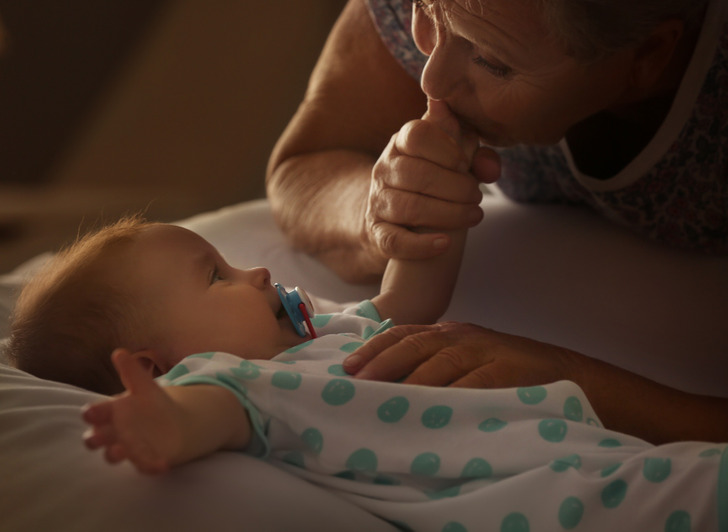
You should wait until the child's therapist says she is ready, in the meantime time have a lawyer send a cease and desist letter to her, she gave up her rights when she signed the papers, only reason she is asking is because it was you who adopted. A straight up no works.
Here’s what our readers think about this situation:
- I’m adopted, and my take on it is that the mom didn’t want her kid in the first place, just because the kid is with grandma doesn’t give bith mom the right to decide if she wants to see them. The decision should always be the children to meet birth parents at an appropriate, understanding age. Now if the kid insists on meeting them, and you really don’t think it would benefit them, then talk to them heart-to-heart about why they shouldn’t and go from there and if you choose to, set it up, supervised, and guide them through it. But ultimately it should always be the child’s decision because it affects them the most. © Karina Aguirre / Facebook
- You have to tell her now — it should have been knowledge to her all her life. We have four adopted children, and each one has had an anniversary as well as a birthday. If I was this couple, I would plan a special dinner on the anniversary of the day you brought her home and tell her! No presents, just the special dinner. Otherwise she will use your deception against you for the rest of your life. © Judith DeBoer / Facebook
- Did the mother really not want the baby, or was she not ready? Sounds like a miscommunication in expectations. Sounds like there was an agreement she could visit her child in good faith. Erica’s family was onboard with this decision and feel betrayed, and that’s why they are talking about you now. © Spring Moehrle-Devitt / Facebook
- Biological blood doesn’t automatically make someone a REAL parent. You have to nurture and care for the child and be there day in and out, not just when you want to or feel like it. This is likely more about the need for the biological mother to connect with the child she gave up. True love and both sides will discuss instead of finger point what approach is best and if you can’t agree get a professional involved that is a neutral third party. © Joel Owens / Facebook
Parents whose love is vast enough to raise adopted children are true heroes. Just look at this single father who adopted a girl with Down syndrome, rejected by 20 families.
Comments
Related Reads
12 Times People Tried to Be Romantic, but Everything Went Terribly Wrong
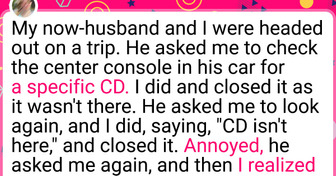
15 People Whose Lives Took Such a Remarkable Turn That Soap Opera Writers Would Applaud
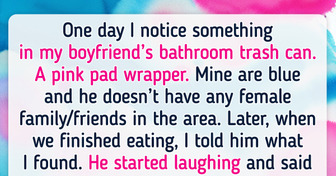
Johnny Depp, 61, Stuns Fans with Drastic New Smile After Years of “Rotten” Teeth
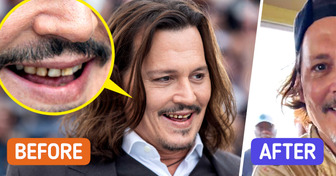
I Refused to Be Called Grandma — And It Destroyed My Family
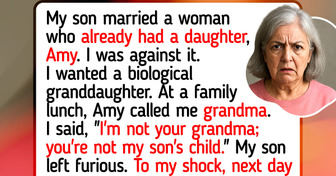
17 Proofs These Celebrities Were Total Heartthrobs in Their Youth
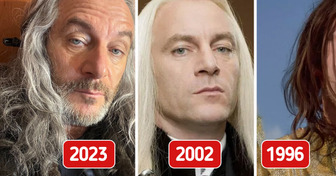
The Beauty Queen of Your Birth Year — You Won’t Believe Who It Was
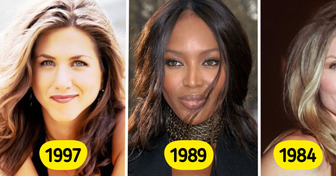
17 Stars Who Proved You Can Change Your Look Without Losing Your Spark

17 Movie Mistakes You Can’t Unsee Once You Spot Them

14 Everyday Objects That Turned Out Not So Ordinary
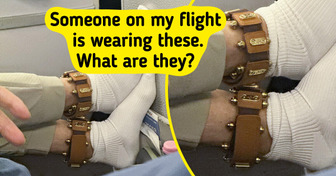
11 People Who Faced Shocking Truths About People Around Them
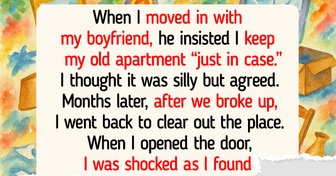
76-Year-Old Woman’s “Too Modern” Style Sparks Criticism—Her Reply Wows
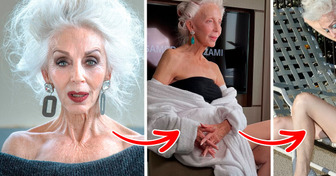
“What Happened to Her Face?” Mandy Moore’s “Unrecognizable” New Look Sparks Controversy
